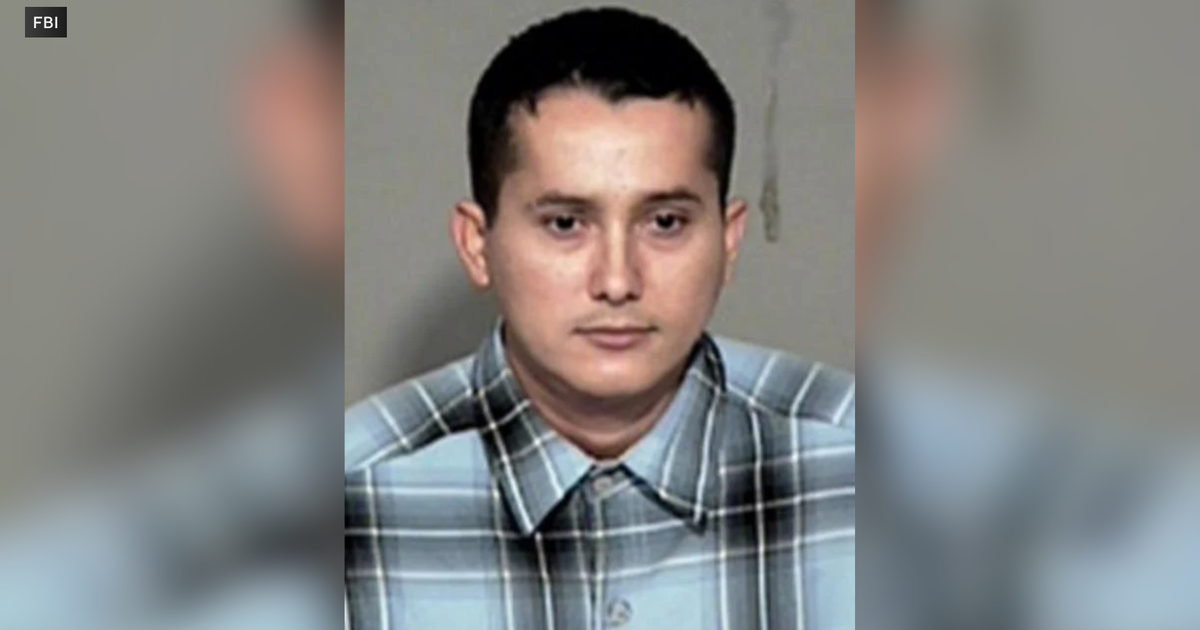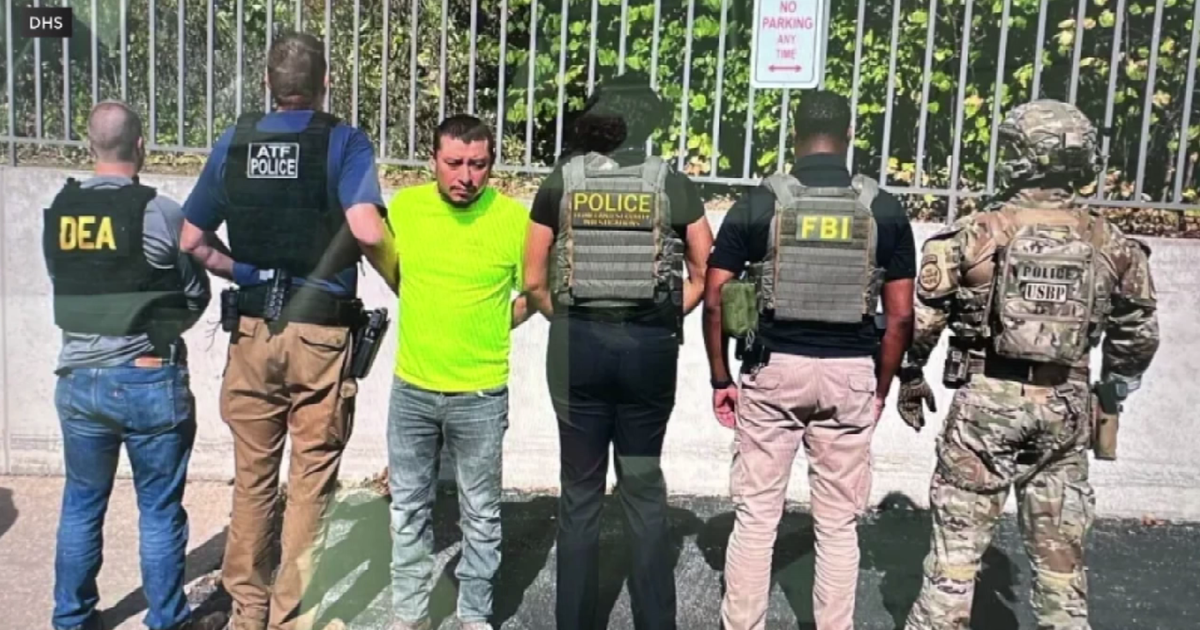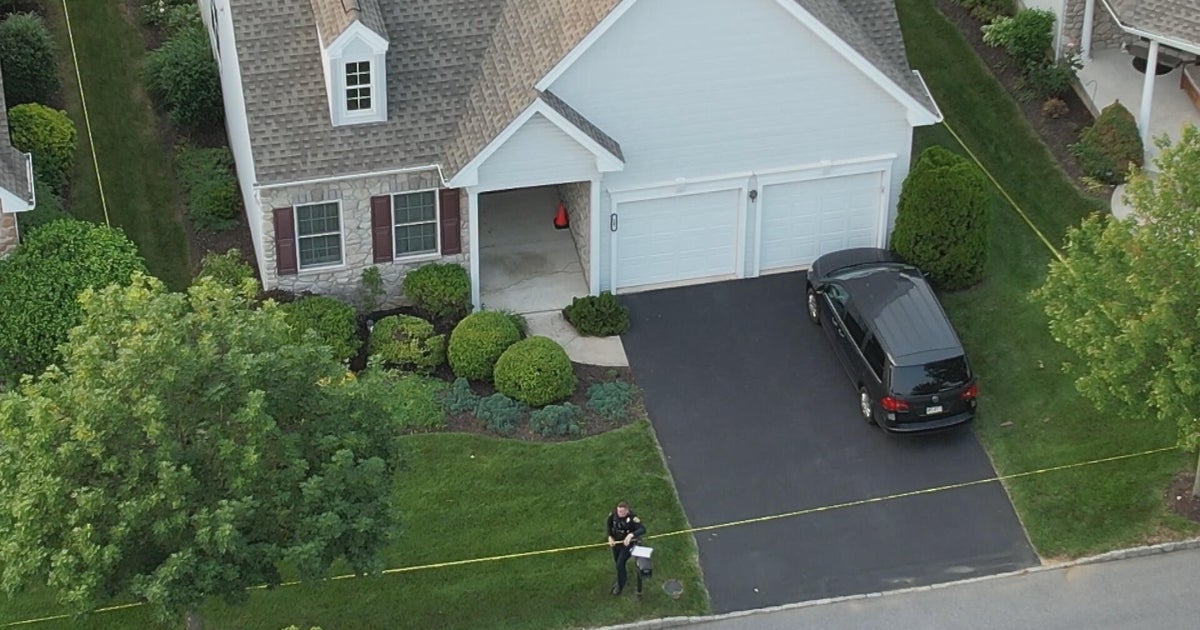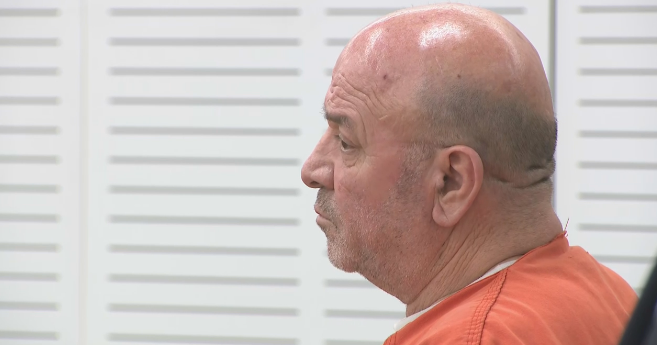ACLU: Aaron Hernandez Isolation Raises Issues With Solitary Confinement
BOSTON (CBS) – A week ago Aaron Hernandez was moved to a new cell in the Bristol County jail and that's caught the attention of the American Civil Liberties Union.
Hernandez, 23, is currently being held without bail for the murder of Odin Lloyd, 27, of Dorchester on June 17 in North Attleboro.
He was moved to a single-bed cell, with no contact with other inmates July 1.
That became the topic for a blog post on the ACLU's web site titled, "Aaron Hernandez Is Now Locked Alone Inside a Room the Size of a Parking Spot."
Here are some excerpts:
"Regardless of what you think of Aaron Hernandez, it's important to take a minute and remember he has not yet been convicted — in the eyes of the law, he is still innocent until proven guilty. But, while awaiting trial, he has been locked alone in a small room with little or no human interaction for over 20 hours a day.
Extreme isolation can have debilitating psychological effects. Prisoners locked alone in solitary confinement may become depressed or begin hallucinating. Psychologists have said that the effects of prolonged solitary confinement can be irreversible, and an emerging international community has begun to condemn solitary confinement. The UN Special Rapporteur on Torture has said thatsolitary confinement can amount to torture, and the European Committee for the Prevention of Torture and Inhuman or Degrading Treatment or Punishment found that solitary confinement conditions can amount to "inhuman and degrading treatment."
Sadly, what's happening to Hernandez is not a rarity in our criminal justice system. There are more than 80,000 prisoners in solitary confinement across the country. They remain isolated for weeks and sometimes years on end, often without the press attention Hernandez's case has gotten." (Continued...)
"He's high-profile," Sheriff Tom Hodgson told WBZ-TV last week. "Anybody with a high profile, we're very careful with. There are people in the prison who would like to make a name for themselves."
"He's being treated as any other prisoner, no better, no worse," Hodgson said. "All of the people that are in the unit that he's in are all in single cells, no inmates are allowed out with any other inmate."
Hernandez is allowed five visitors a week, but only after they're screened by the Sheriff. That does not include his attorneys.
Here is the ACLU's response, from the blog:
"It is time to recognize that "protective custody" is a misnomer for a destructive practice. It does little to protect prisoners from the devastating psychological effects of isolation. It drastically diminishes chances for rehabilitation. And according to some studies, prisoners released directly from supermax confinement have significantly higher recidivism rates.
If nothing else, maybe all the press attention Hernandez's case is getting will help debunk the myth of "protective" solitary confinement."
What do you think?
Is solitary confinement necessary or unfair? Share your opinions in the comments section below.







